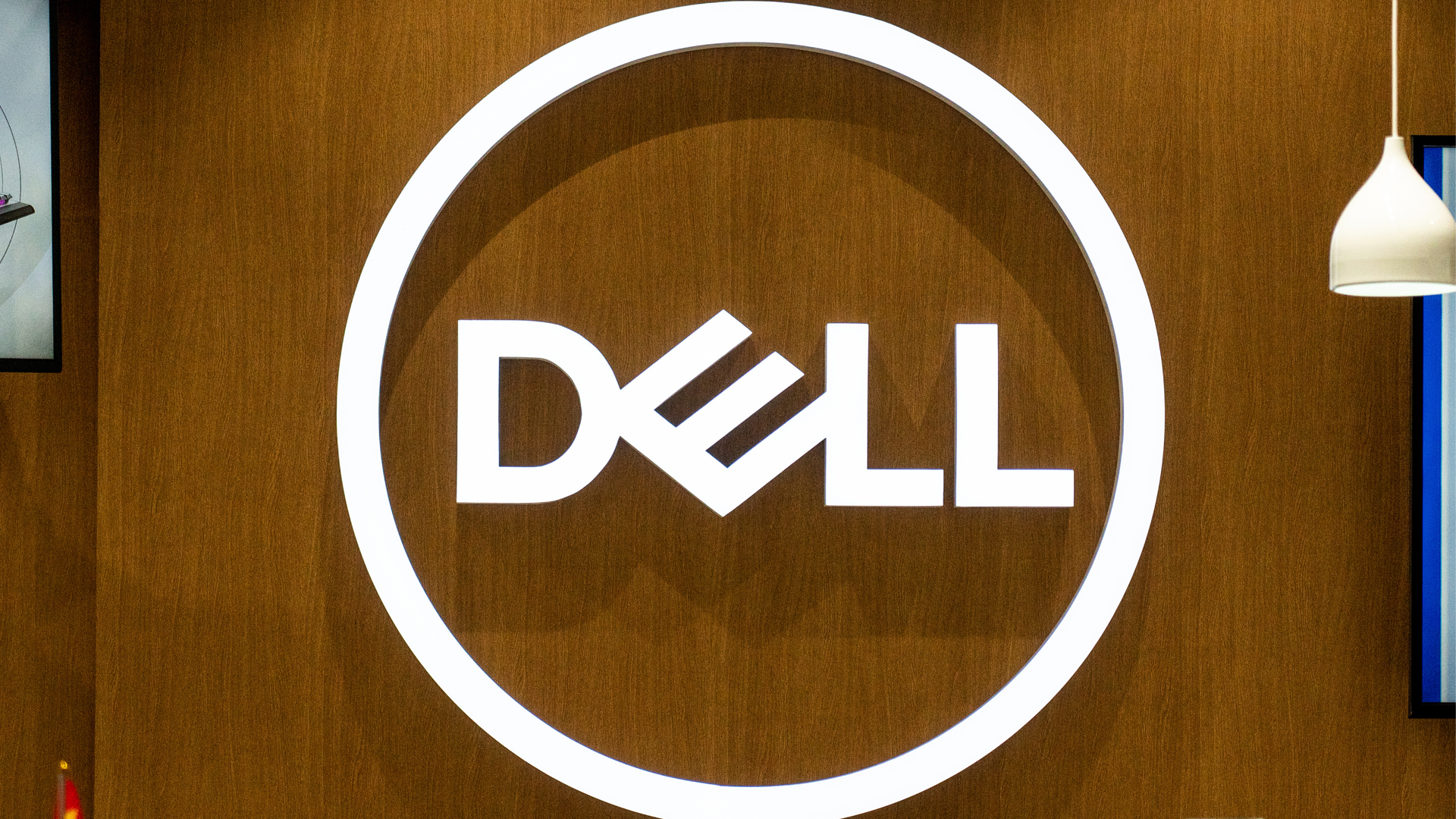Poor ROI is no deterrent for AI-obsessed CIOs
CIOs are still diving headline into AI adoption projects despite voicing concerns over poor returns


Tech investments are frequently driven by the fear of missing out (‘FOMO’), according to new research.
Six-in-ten CIOs believe FOMO is a major driver of investment, a study from software firm Ardoq found, with around 70% reporting that predicting the ROI is a ‘finger in the air’ exercise.
Only a little over half of emerging tech adoption projects deliver measurable value, tech leaders said, prompting warnings over making hasty investment decisions.
"In today’s fast-paced digital era, those that can adopt new technologies quickly and fuse them into the fabric of their business can unlock huge rewards," said Erik Bakstad, CEO and co-founder of Ardoq.
"However, investing in technologies like AI is not for the faint of heart. Organizations must be prepared to navigate the risks, or could find their technology investments falling short of expectations."
Nine-in-ten CIOs said that successful emerging technology research can put them at the forefront of their market – but 99% admitted the success rate tends to be much lower than for established technologies.
And while two-thirds believe competitors will "eat them for lunch" if they don’t move quickly on AI, a similar proportion feel it’s the most high-risk technology they've ever invested in, and that there's a 'moral pressure' on them to get it right (81%).
Sign up today and you will receive a free copy of our Future Focus 2025 report - the leading guidance on AI, cybersecurity and other IT challenges as per 700+ senior executives
Meanwhile, eight-in-ten IT leaders said it’s easy to 'AI wash' products by implementing new capabilities, without necessarily creating any tangible business benefits.
As a result, there's some cynicism about the benefits. Only a third of organizations look for a tangible ROI from an emerging technology adoption project within the first 12 months, with a quarter expecting it within five to 10 years.
Similarly, nearly two-thirds of CIOs said they’ve been burned in the past by investing in technologies that failed to deliver - making the business more cautious about future investments.
A majority (90%) said it's difficult to maintain full visibility and control of risk across the IT portfolio and anticipate the impact of evolving regulations in emerging technology adoption projects.
71% of organizations rely on manually mapping – or don't map at all – to determine the impact of a new technology on existing processes and capabilities, and the potential benefits it will deliver.
Crucially, two-thirds admitted that if they didn’t constantly alter course, it’s unlikely any of their technology adoption projects would succeed.
RELATED WHITEPAPER

The report identifies three factors crucial to success: balancing risks and rewards during emerging technology adoption; taking a long-term view on investment decisions; and regarding enterprise architecture as a business discipline, rather than an IT function.
"To reap the rewards of emerging technology investment, organizations must be prepared to take a leap of faith," Bakstad said.
"Change is not just inevitable, it's the lifeblood of progress. Organizations must therefore assume they will be uprooted and position themselves to be able to pivot, to stay on the path. By harnessing data to inform decision-making at every turn, organizations can navigate the complexities of emerging technology adoption with confidence."
Emma Woollacott is a freelance journalist writing for publications including the BBC, Private Eye, Forbes, Raconteur and specialist technology titles.
-
 What the fragmentation of UC means for the channel
What the fragmentation of UC means for the channelIndustry Insights If communications are becoming fragmented, what does that mean for MSPs and VARs?
-
 How SMBs can DIY their IT implementation and support
How SMBs can DIY their IT implementation and supportFeature For some small and medium-sized businesses, the third-party expertise and support might be out of reach. What’s the alternative?
